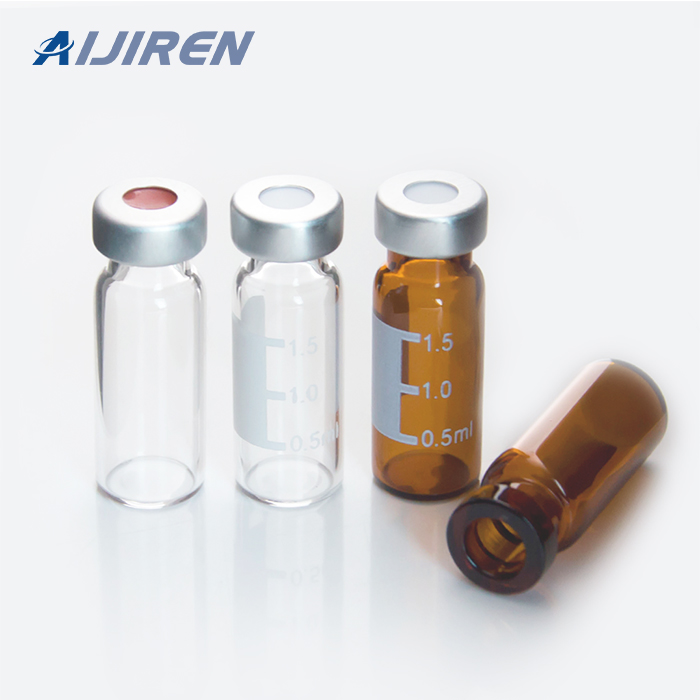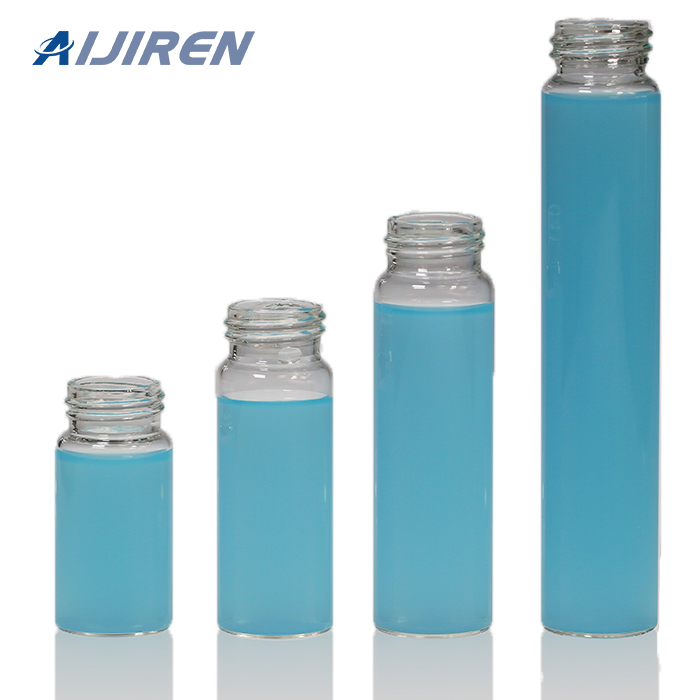
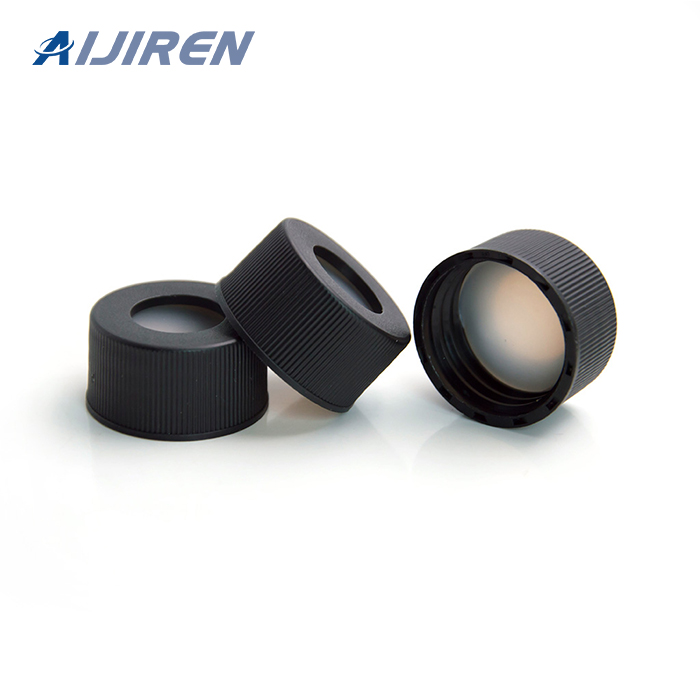
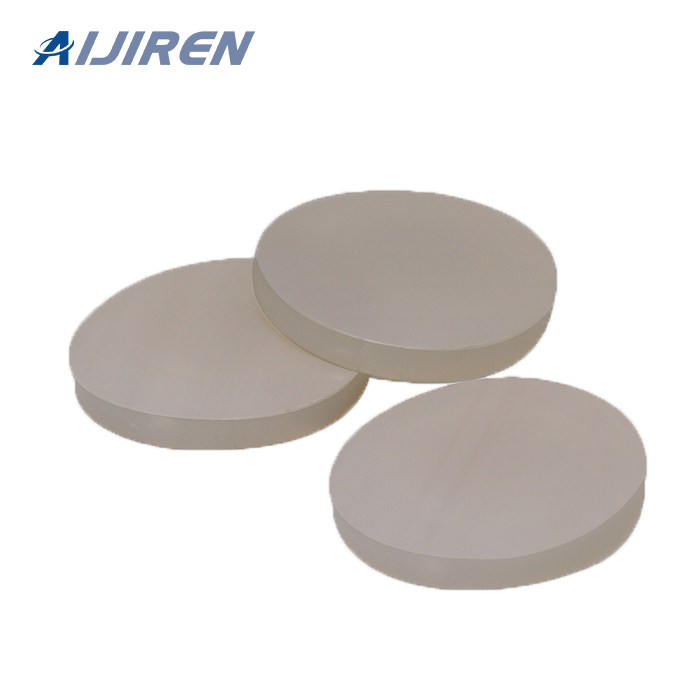






Sep 24, 2021 · ASHRAE Standard 189.1-2014, Sections 10.3.1.4 and 10.3.1.4 (b) 1. California Department of Public Health: Standard Method for the Testing and Evaluation of Volatile Organic Chemical Emissions from Indoor Sources Using Environmental Chambers (Emission Testing Method for California Specification 01350)
May 03, 2021 · EPA Method 8260D (SW-846): Volatile Organic Compounds by Gas Chromatography-Mass Spectrometry (GC/MS) This document is included in Selected Analytical Methods for Environmental Remediation and Recovery (SAM) .
Volatile Organic Compound (VOC) Testing and Analysis. Volatile Organic Compound or VOC Testing and Analysis using techniques such as GC-MS. Volatile Organic Compounds (VOCs) are present in all natural and synthetic materials, and can exist not only as structurally-diverse liquids and solids but also as vapours, and are thus a significant airbourne consideration when biomonitoring human
Sep 18, 2021 · In 1965, Eger et al. introduced the concept of minimum alveolar concentration (MAC), and it has since been used as the standard measure of potency for volatile anesthetic agents. Previous attempts to create a measure to determine the adequacy of anesthetic dosing, such as the Guedel stages of anesthesia or Woodbridge concept of “nothria” were all qualitative measures that varied depending
tube formats – impractical, inconvenient and often prone to contamination. The 5.0 mL tube is the missing link between existing tube versions and and it allows easy and safe processing of sample volumes up to 5.0 mL. The availability of snap cap and screw cap formats enables the optimal choice for diff erent requirements in sample preparation,
Feb 25, 2021 · Excerpt from “Volatile Organic Compounds” Definition per 40 CFR Part 51.100 (s): " Volatile organic compounds (VOC) means any compound of carbon, excluding carbon monoxide, carbon dioxide, carbonic acid, metallic carbides or carbonates, and ammonium carbonate, which participates in atmospheric photochemical reactions. Different VOCs have
6. Position the vial at a slight angle under the water flow. 7. Carefully fill the vial to form a convex meniscus above the top of the vial (the curved upper surface of a liquid formed by surface tension). To do this, use the cap of the vial to complete filling of the vial. Be careful not to overfill the vial. 8.
32 8. Regulated Fountain Solutions and Regulated Printing Machine Cleaning Agents . Annex . 33 1. Definitions, VOC Content Limits and Effective Dates for Regulated Architectural Paints 36 2. Definitions, VOC Content Limits and Effective Dates for Regulated Printing Inks and Limit on VOC Emissions and Effective Date for Lithographic Heatset Web
dles. The entity's list must be reviewed at least every 12 months. Whenever a new agent or dosage form is used, it should be reviewed against the entity's list. The NIOSH list of antineoplastic and other HDs provides the criteria used to identify HDs. These criteria must be used to
Nov 29, 2021 · Inhalation anesthetics (nitrous oxide, halothane, isoflurane, desflurane, sevoflurane, most commonly used agents in practice today) are used for induction and maintenance of general anesthesia in the operating room. This review is a general overview of inhalation anesthetic agents. Inhalation anesthetic agents are medications primarily used in the operating room to provide general anesthesia
Volatile Organic Compounds Emissions Volatile organic compounds (VOCs) are a large group of organic chemicals that include any compound of carbon (excluding carbon monoxide, carbon dioxide, carbonic acid, metallic carbides or carbonates, and ammonium carbonate). VOCs are of interest in part because they participate in
40 Ml Voa Vials at Thomas Scientific VOA Vials – Open Top Closures and Septum. Thomas®. High-quality borosilicate glass and rigid, autoclavable cap Standard open top, flat silicone/ PTFE sept
Home » News » VOC Vials » 24-400 VOC vials agent 24-400 VOC vials agent Hydroxyethyl sulfone based reactive coalescing agents for low Hydroxyethyl sulfone based reactive coalescing agents for low-VOC waterborne coatings†.
40ml EPA Vials have long been the vial of choice for VOA and VOC sampling and analysis however our comprehensive range includes 20ml, 30ml, 40ml and 60ml Vials. All are available as Certified, Pre-cleaned & Standard formats for use in purge & trap autosamplers, for sampling or storage. All Vials are pre-assembled, ready for use.
concentration of volatile compounds in the headspace of sample vials. The concentr ation of vol tile compounds in the gas phase can be expressed as C g =C o /(K+β) (where C g is the concen-tration of volatile analytes in the gas phase and C o is the original concentra-tion of volatile analytes in the sample). Striving for the lowest values for
Material: USP Type 1, Class A, 33 Borosilicate Glass
Volume: 2ml (standard volume) 1.5ml(actual volume)
Application: HPLC and GC system
Dimensions: 11.6 x 32mm
Neck Diameter: 8mm
Qty/Pack: 100pcs/pack
Payment: T/T
MOQ: 1pack
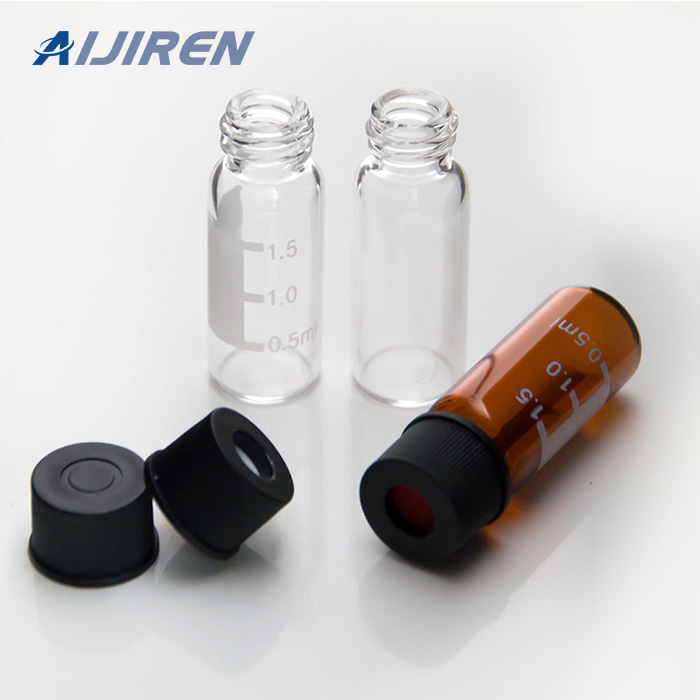
Material: USP Type 1, Class A, 33 Borosilicate Glass
Volume: 2ml (standard volume) 1.5ml(actual volume)
Application: HPLC and GC system
Dimensions: 11.6 x 32mm
Neck Diameter: 9mm
Qty/Pack: 100pcs/pack
Payment: T/T
MOQ: 1pack
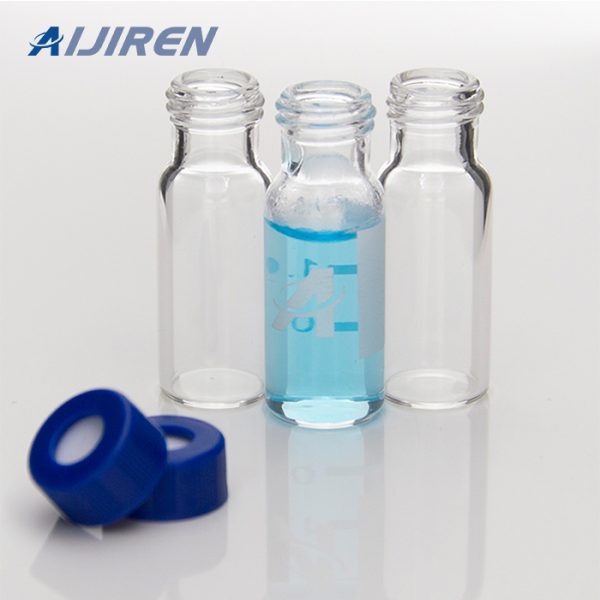
Material: USP Type 1, Class A, 33 Borosilicate Glass
Volume: 2ml (standard volume) 1.5ml(actual volume)
Application: HPLC and GC system
Dimensions: 11.6 x 32mm
Neck Diameter: 10mm
Qty/Pack: 100pcs/pack
Payment: T/T
MOQ: 1pack
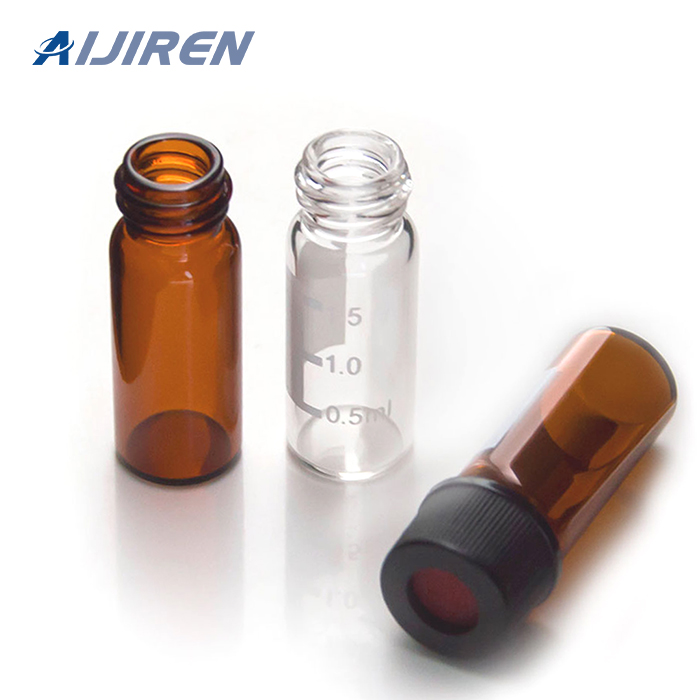
Material: USP Type 1, Class A, 33 Borosilicate Glass
Volume: 2ml (standard volume) 1.5ml(actual volume)
Application: HPLC and GC system
Dimensions: 11.6 x 32mm
Neck Diameter: 11mm
Qty/Pack: 100pcs/pack
Payment: T/T
MOQ: 1pack
